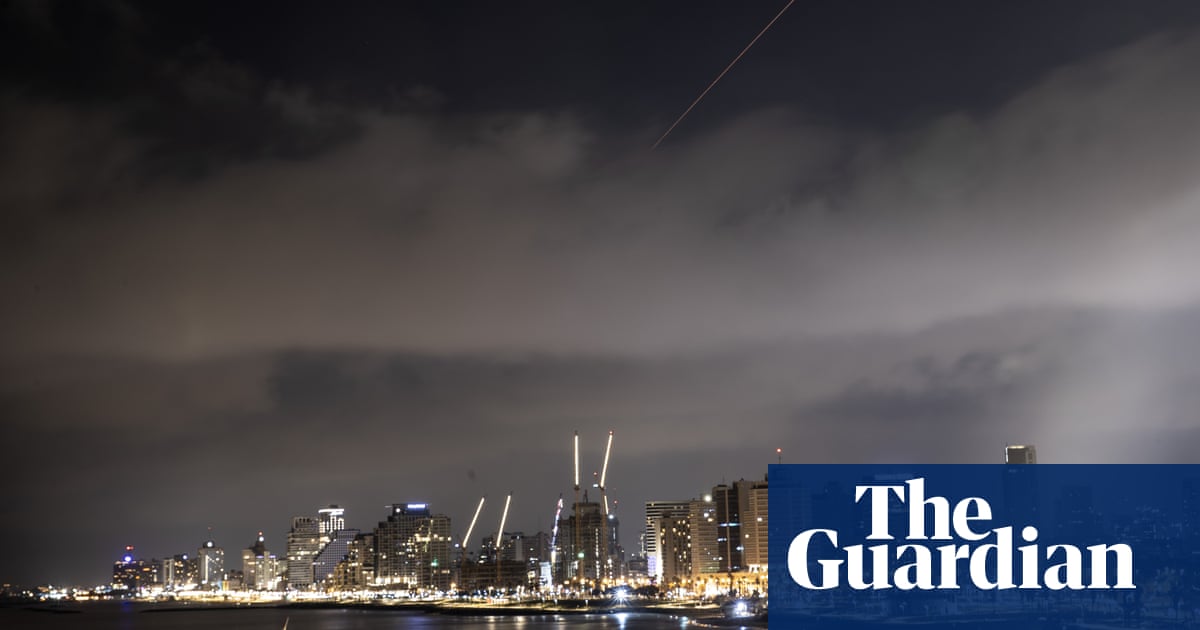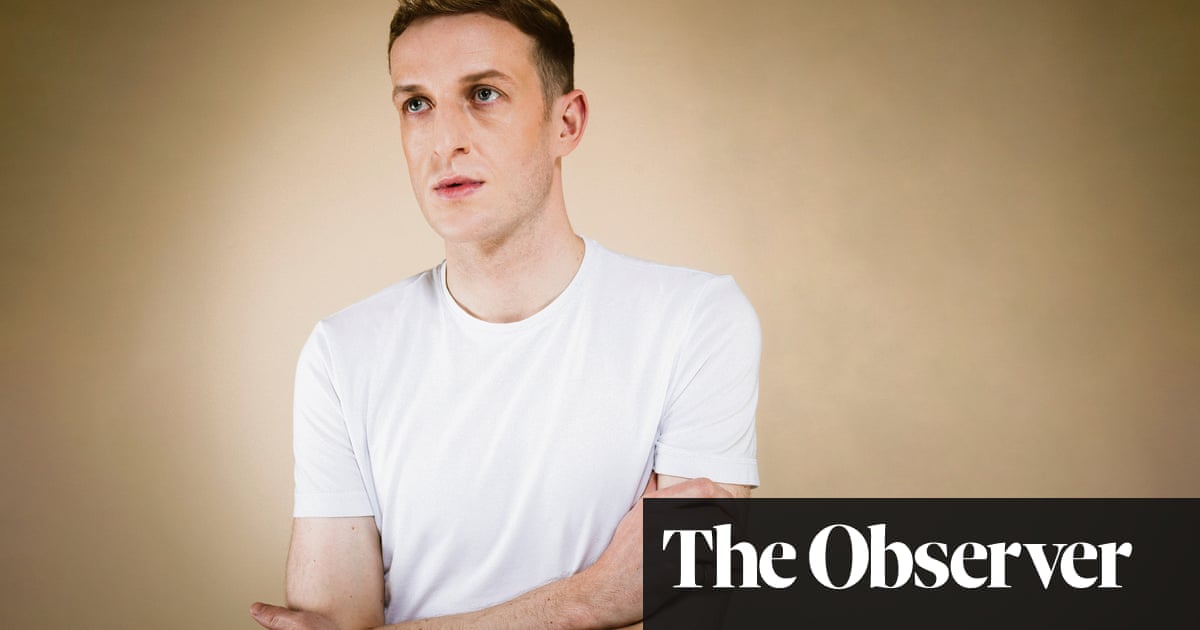
There was a solemn mood on the Instagram stories of Russia’s influenceri over the weekend, as they prepared to be disconnected from the social media app.
“This [Instagram] is my life, this is my soul. This is what I have been waking up to and falling asleep with for the last five years,” said the fashion blogger Karina Nigay, who boasts nearly 3 million followers, through tears. “I’m in a state of resentment and nowhere near a state of acceptance.”
Russian prosecutors demanded on Friday that access to Instagram be blocked after the app’s parent company, Meta, confirmed it was relaxing its policies on hate speech towards Russian soldiers and Vladimir Putin within certain countries in relation to the country’s war in Ukraine, although on Monday, Meta clarified its guidance by stating that “calls for the death of a head of state” were banned.
By Monday morning Instagram – the most popular social media platform among young Russians – was no longer accessible.
Karina Istomina, a popular DJ and Instagram influencer with more than 400,000 followers, said: “Roughly half of all my income came through Instagram advertising. To be honest with you, I am absolutely devastated that I am losing my page. I ran my profile for over 10 years. Most likely I will have to find new sources of income, will have to rediscover myself.”
The move to block Instagram came as the app had emerged as one of the last platforms for Russians to voice their opposition to the invasion of Ukraine, with Russian artists, bloggers and athletes using the social network to speak out against the war. Russia had already launched an unprecedented crackdown on independent media and anti-war dissent after the country’s invasion of Ukraine.
Moscow had already blocked access to Facebook and Twitter earlier this month before Meta’s designation as an “extremist organisation”, accusing the two platforms of violating the “rights and freedoms of Russian nationals”. Russian regulators said the messaging service WhatsApp, which is also owned by Meta, will not be impacted as it is “a means of communication, not a source of information”.
“Putin has invaded a sovereign nation and is waging a war there … It is clear that Putin does not care about people for a long time now,” wrote Yuri Dudt, one of Russia’s most popular media personalities, in a widely shared post days after the invasion that has received more than 1.5m likes.
But for many small and medium-sized Russian businesses, Instagram was also a leading platform for advertising, organising sales and communicating with clients, and the move to block the app will likely further undermine the business climate in the country.
“Instagram became our house, our bridge with the outside world,” said Dilyara Minrakhmanova, who runs the clothing brand Outlaw in Moscow. “Since our inception seven years ago, we managed to bring together a large community of like-minded thinkers.
“It pains to think that we will lose that all,” Minrakhmanov said, adding 96% of all her social media traffic was linked to Meta apps.
Many influencers and businesses like Outlaw on Sunday were posting links to their Telegram and VKontakte channels, two Russian-founded platforms that will welcome the influx of new users.
Telegram, which says it prioritises users’ privacy and security, was founded by the Russian self-described libertarian Pavel Durov in 2013 and maintains a hands-off moderating philosophy.
Durov, who previously founded VKontakte, Russia’s biggest social network, left the country for Dubai after being pushed out under government pressure.
With many Kremlin critics now moving to Telegram, experts say the messaging app might soon also be blocked or seized by the Kremlin.
“I do not quite understand why Telegram has not been banned. One explanation could be that the Kremlin thinks it can use Telegram for their own propaganda purposes,” said Andrei Soldatov, a Russian technology analyst and censorship expert.
Telegram has emerged as an information battleground during the conflict, with pro-Kremlin channels sharing the country’s supposed military successes, while Ukrainian officials have turned to the app to publish videos and photos showing captured Russian troops.
“With the way things are going at the moment in Russia, I don’t think the app can exist in this form for much longer,” Soldatov said.
Durov has so far vouched to keep the app independent and told Ukrainian users their data is safe. “I stand for our users no matter what. Their right to privacy is sacred – now more than ever,” he wrote last week.
Russia moved to restrict access to Telegram in 2018 but lifted the ban two years later after failing to thwart the operations of the widely used messaging app.
Nevertheless, Kremlin critics have recently accused the app of bowing down to the authorities after it blocked a bot that told supporters of the jailed opposition figure Alexei Navalny which candidate they should back to unseat Kremlin-aligned politicians during the 2021 September parliamentary election. The government-controlled Russian Direct Investment has also invested in the messaging app.
On Sunday, as some people were busy setting up new channels on Telegram, others said they were not yet ready to let go of Instagram, seeking ways to evade the social media ban.
Internet searches for VPN services in the country almost doubled over the last week compared with the previous week, according to Top10VPN, a UK company that researches and recommends private network services.
Tanya Mingalimova, a blogger with more than 250,000 Instagram followers, wrote on Sunday afternoon: “My plans for the evening are to grab dinner and then install a VPN.”












